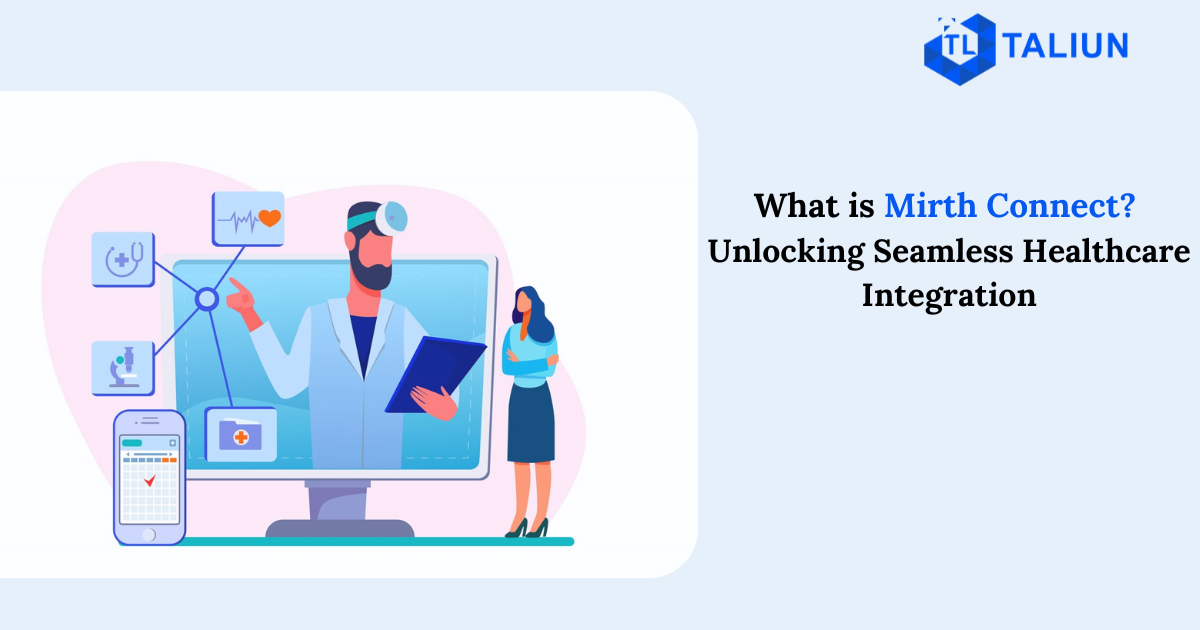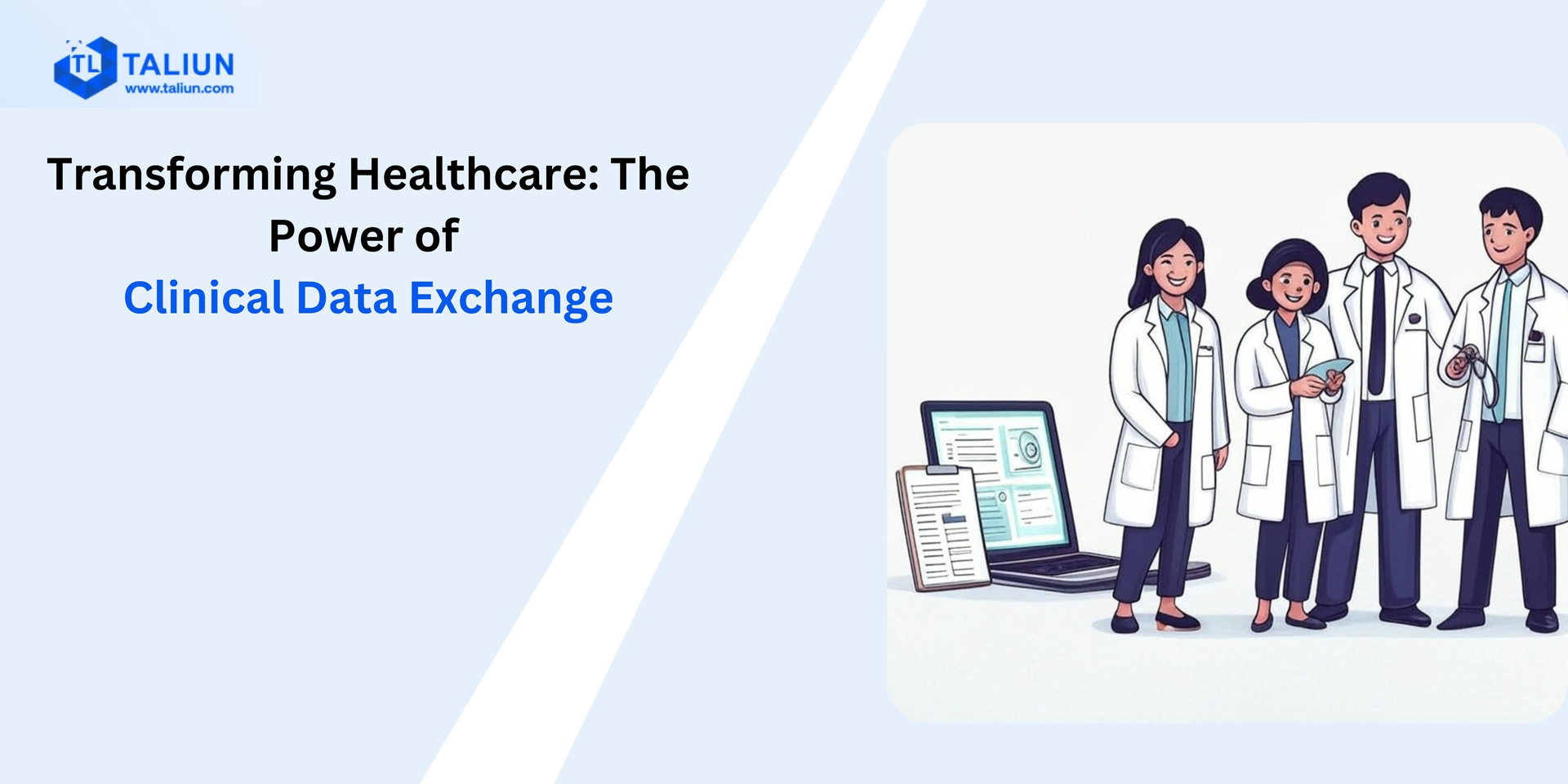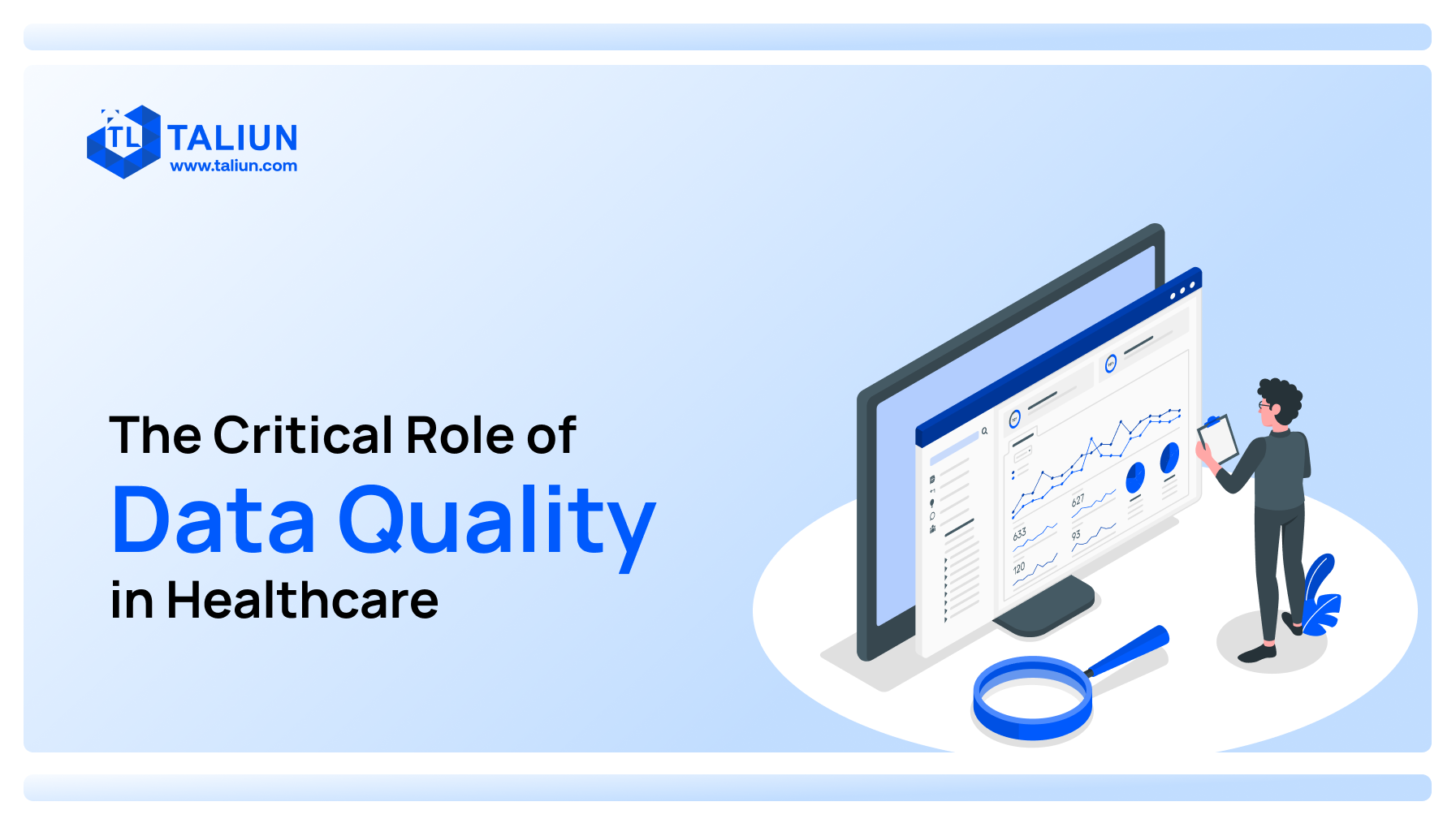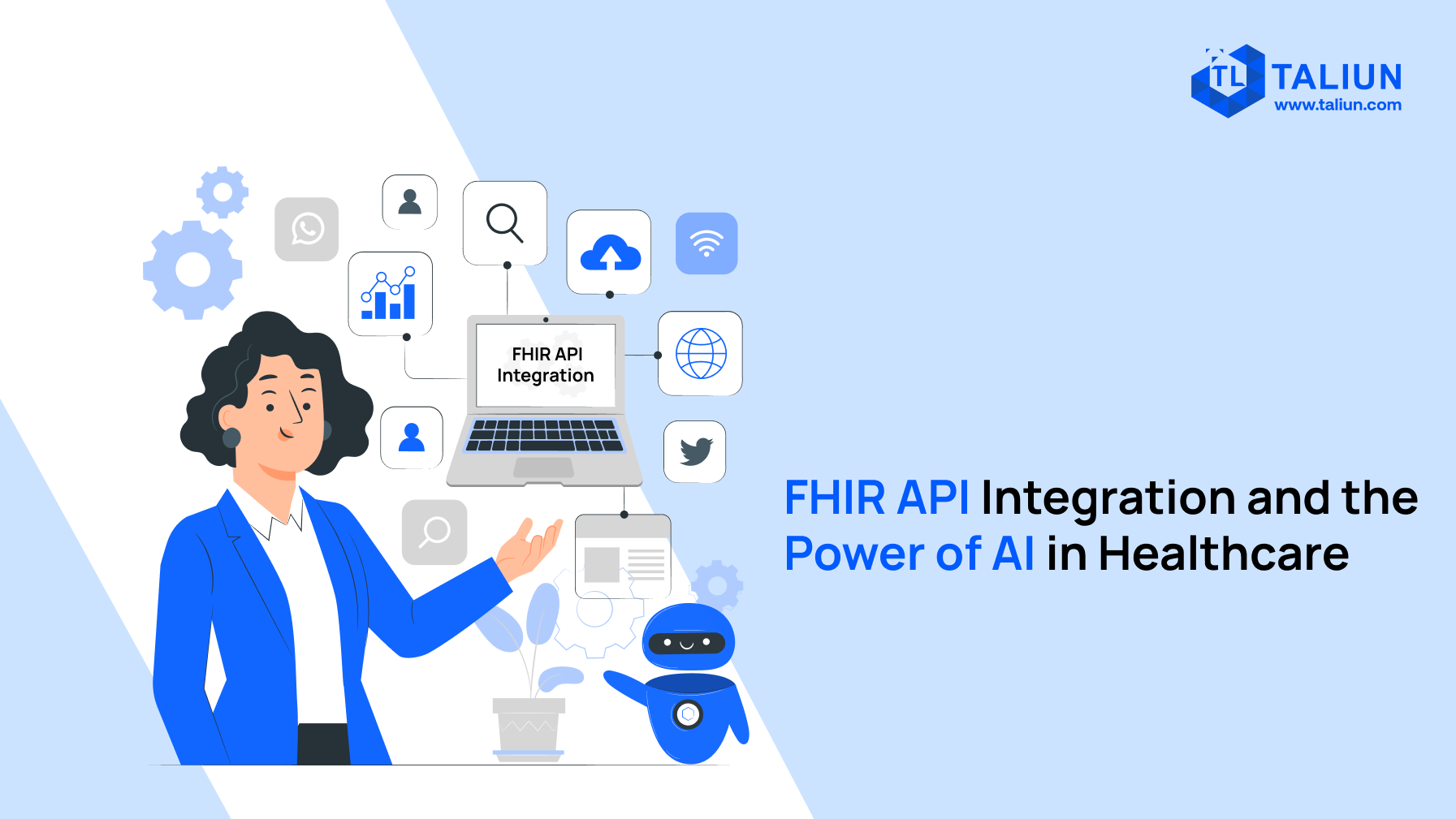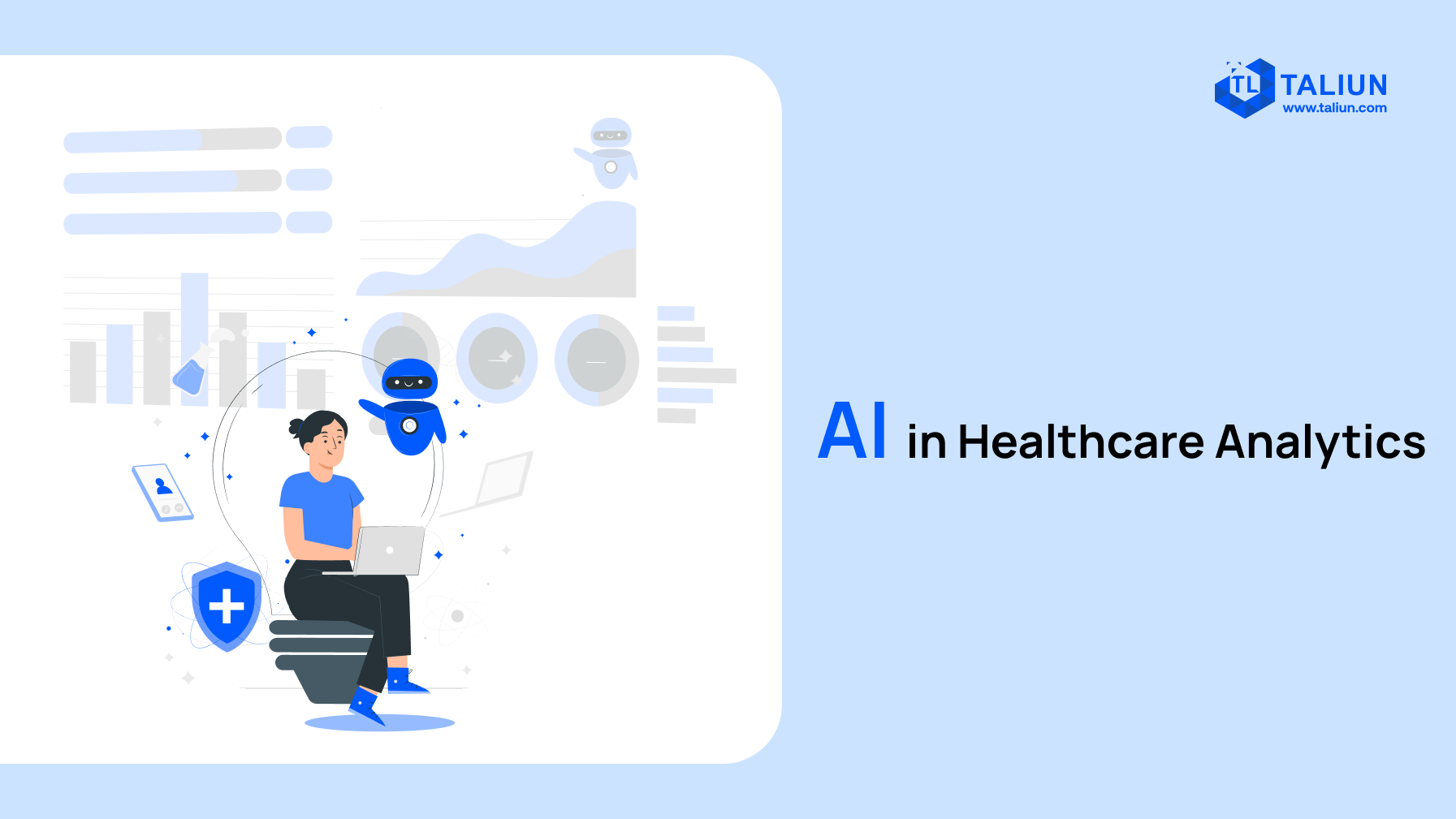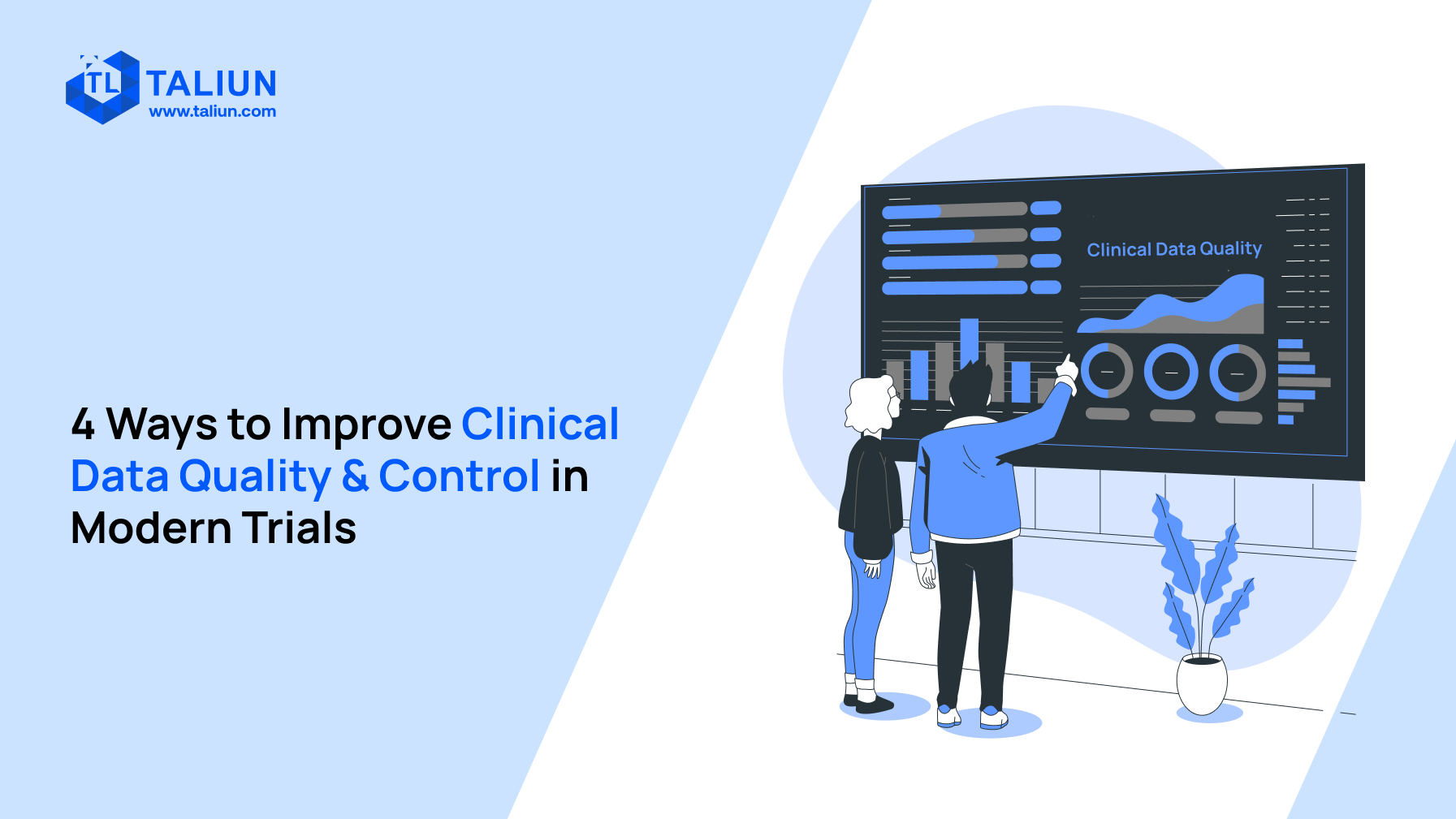Blogs - Unveiling Insights in Technology,
Product, Design, and beyond...
Locations
US:
39899 Balentine Drive,Suite 200
Newark, CA 94560
Phone: +1-(408) 883 - 7902
India:
Ven Business Center I, First Floor, Baner - Pashan Link Rd, Pashan, Pune, Maharashtra 411021
Phone: +91 83293 46166
Copyright 2024 Taliun | Privacy Policy

